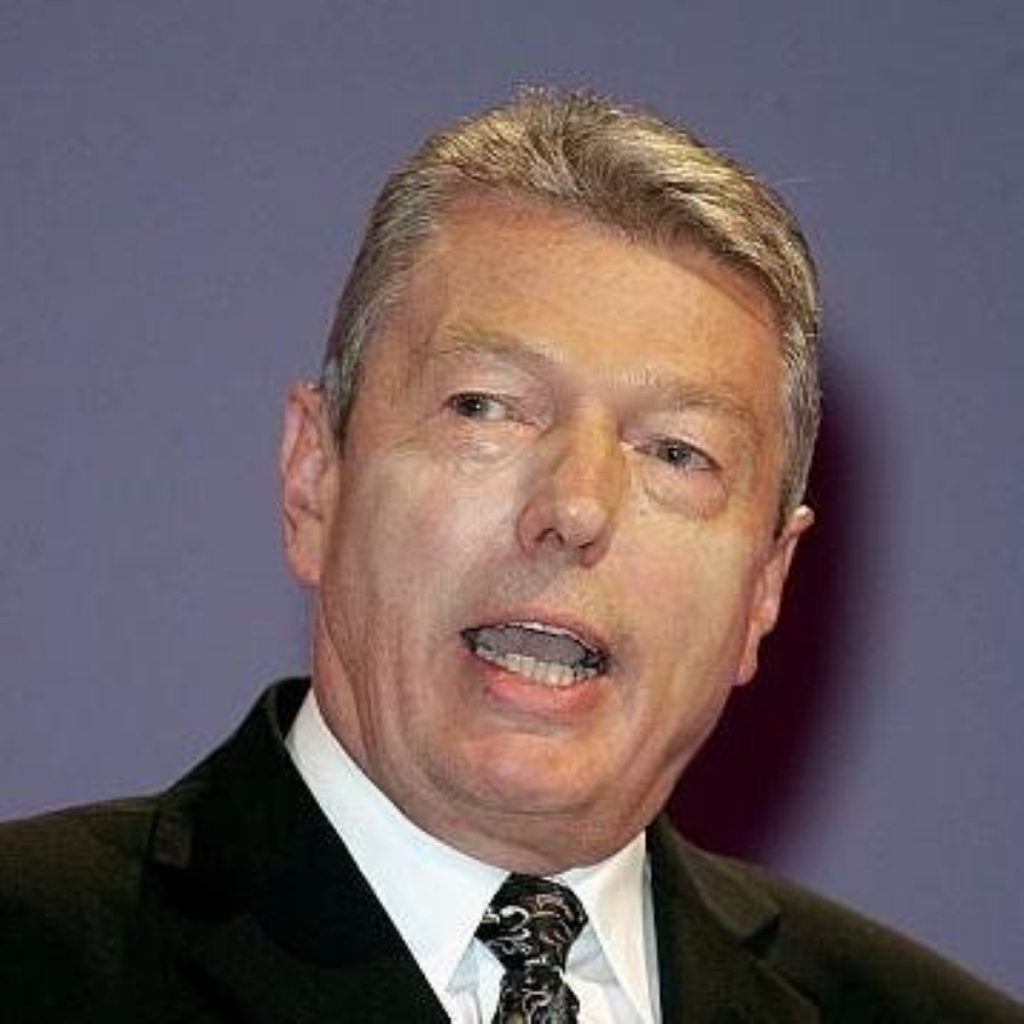New GPs for most deprived areas
New GPs will be parachuted into deprived areas in a bid to reduce health inequalities, the government announced today.
Health secretary Alan Johnson said today the first new GP practices will open within a year.
In October, in his first major speech at the Department of Health (DoH), Mr Johnson made it a government ambition to tackle health inequalities.
He acknowledged the health of the poorest people has not improved at the same pace as that of the richest and named access to GP services as a key factor in determining health outcomes.


GP surgeries are unevenly distributed around the country at present, with 48 GPs per 100,000 people in some areas compared to 88 GPs per 100,000 in the best-served regions.
The DoH has identified the 38 primary care trusts (PCTs) with the poorest GP provision and these will be the first to benefit from the planned 100 new GP practices.
They are located in the north-west, north-east, West Midlands, London and east of England strategic health authorities.
Speaking at an NHS Alliance conference in Manchester, Mr Johnson said: “Improving access to primary care is a key priority if we are to deliver more personalised care that meets the needs of individuals and communities, especially those in more disadvantaged or deprived areas.
“Evidence shows there is a direct link between low numbers of GP surgeries and poor health within a community. That is why we are increasing the number of family doctors services in these areas.”
Mr Johnson explained GPs would also have to become more responsive to patients’ needs.
Practices will be encouraged to innovative, with an emphasis on longer, more flexible opening hours.
He continued: “This is not just about building extra primary care capacity but developing high-quality, responsive services with a strong focus on prevention.
“This is a great opportunity for entrepreneurial GPs as well as social enterprises and the independent sector to develop innovative services for patients.”
The new practices will be funded through the £250 million access fund, announced by the health secretary last month.









